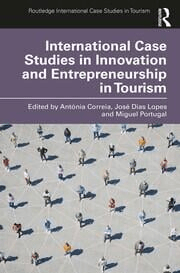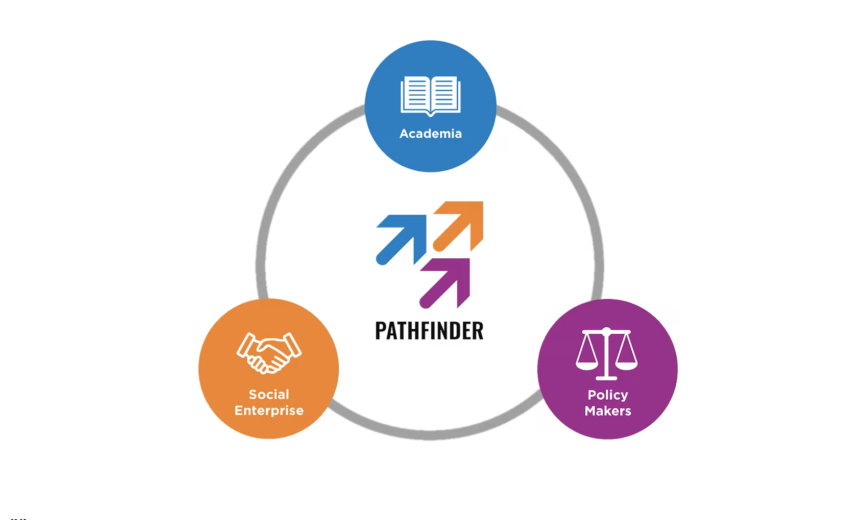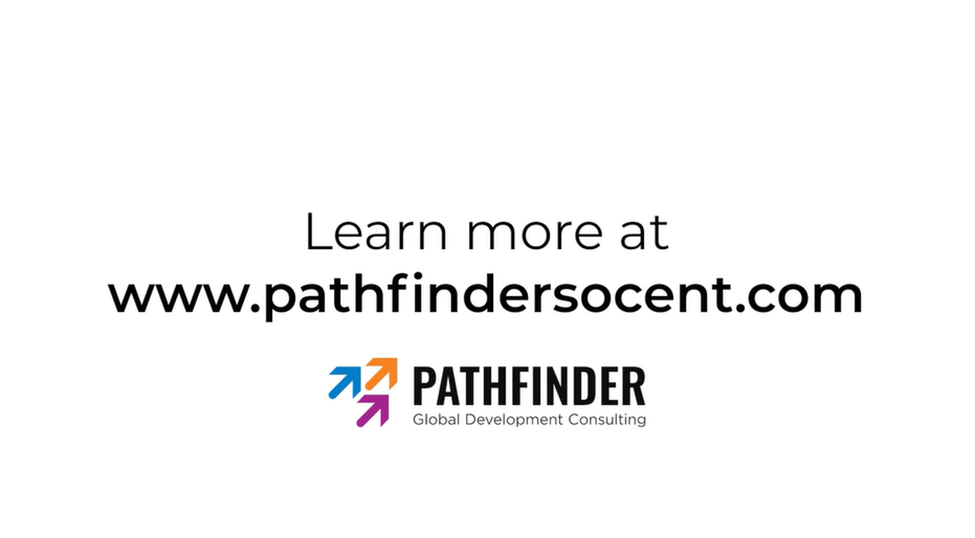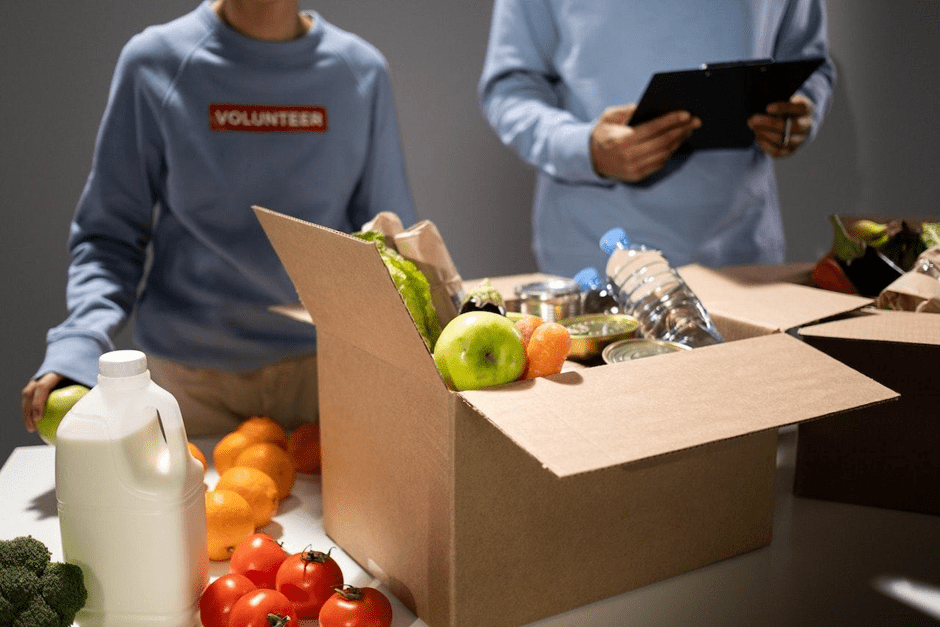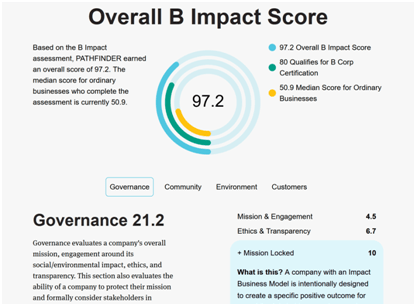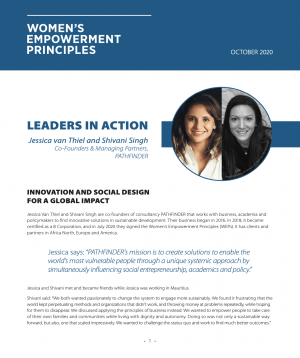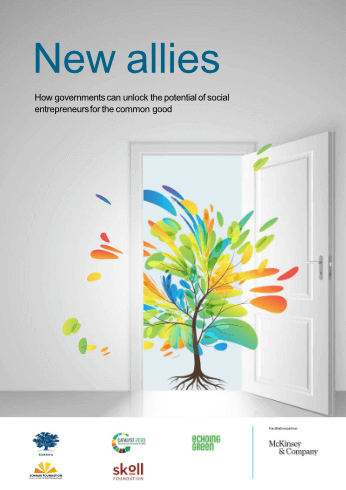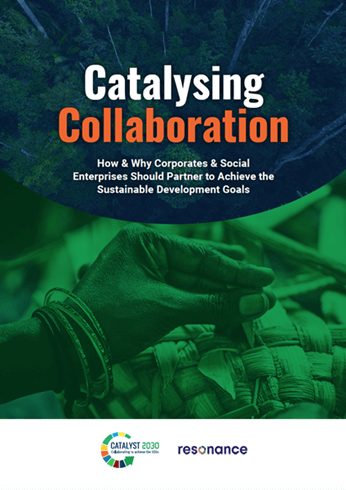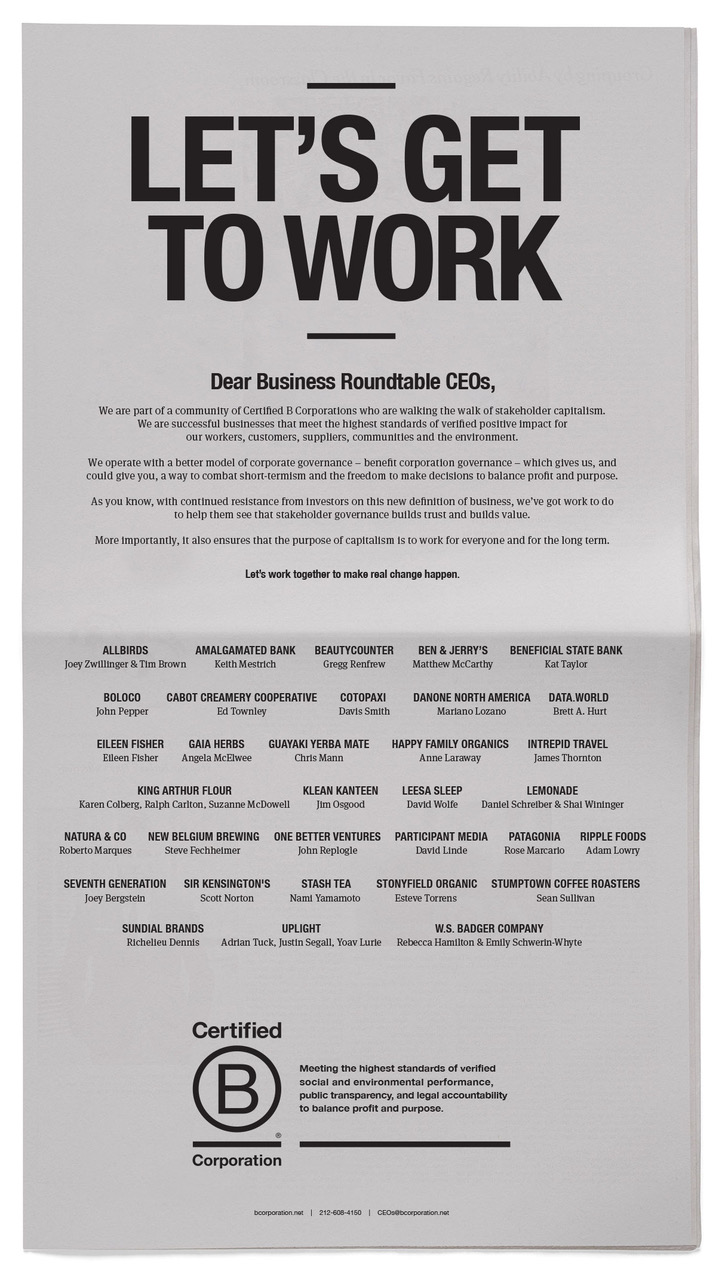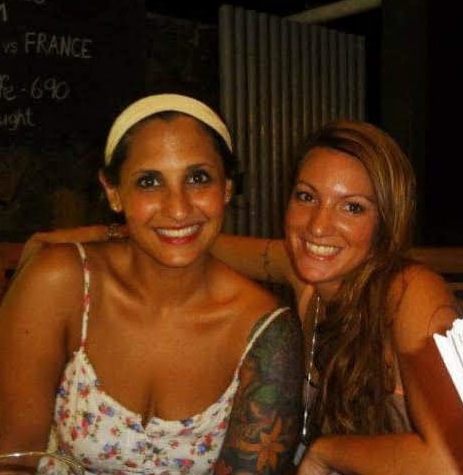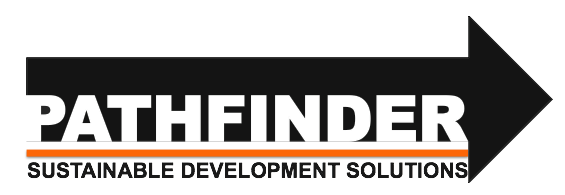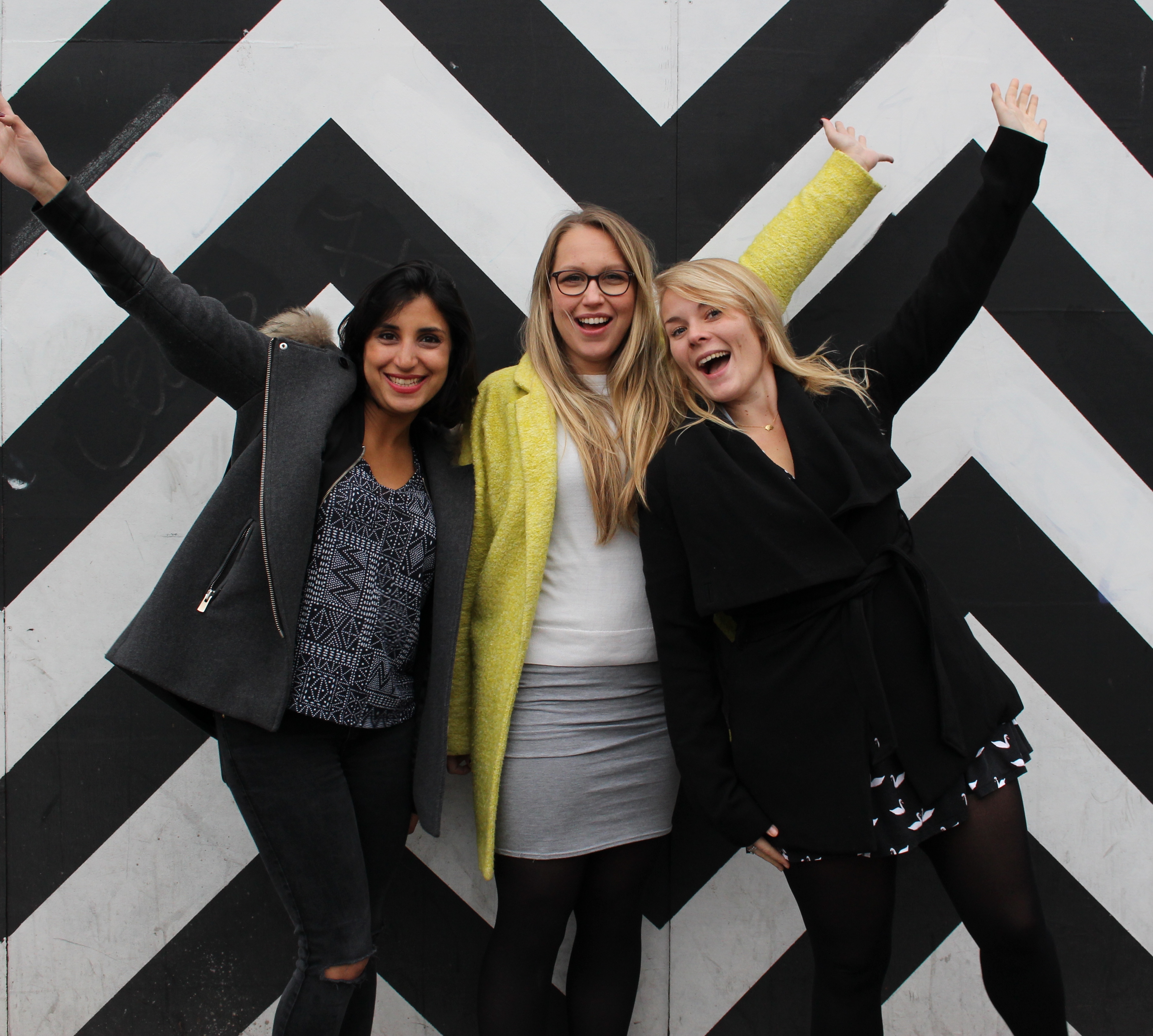
In collaboration with the University of Waterloo, Canada, and The University of York, UK, PATHFINDER has co-authored a chapter titled “Building a Case for Social Enterprise to Mobilise the SDGs in Tourism, Venezia Autentica”. This chapter explores the significant role of social enterprises in advancing the United Nations Sustainable Development Goals (SDGs) within the tourism sector.
Our work is featured in the newly published book, “The Elgar Companion to Tourism and the Sustainable Development Goals“. This volume includes theoretical, empirical, and conceptual chapters from leading international scholars, addressing critical debates and developments regarding tourism’s role in progressing the SDGs.
The chapter highlights the innovative efforts of Venezia Autentica, a social enterprise that leverages tourism to support sustainable development in Venice. By promoting responsible travel and community engagement, Venezia Autentica demonstrates how social enterprises can align their mission with the SDGs and drive meaningful change in local communities.
We were thrilled to collaborate with esteemed institutions on this project and contribute to the growing discourse on tourism’s potential as a driver of sustainable development. This work aims to inspire policymakers, academics, and practitioners to explore the transformative possibilities of social enterprise in addressing global challenges.
Learn More
We invite you to explore the book and engage in discussions about sustainable tourism. Together, we can reimagine tourism as a tool for positive impact, preserving cultural heritage, supporting local communities, and protecting the environment.
For more about the book or to get in touch, contact us here!

